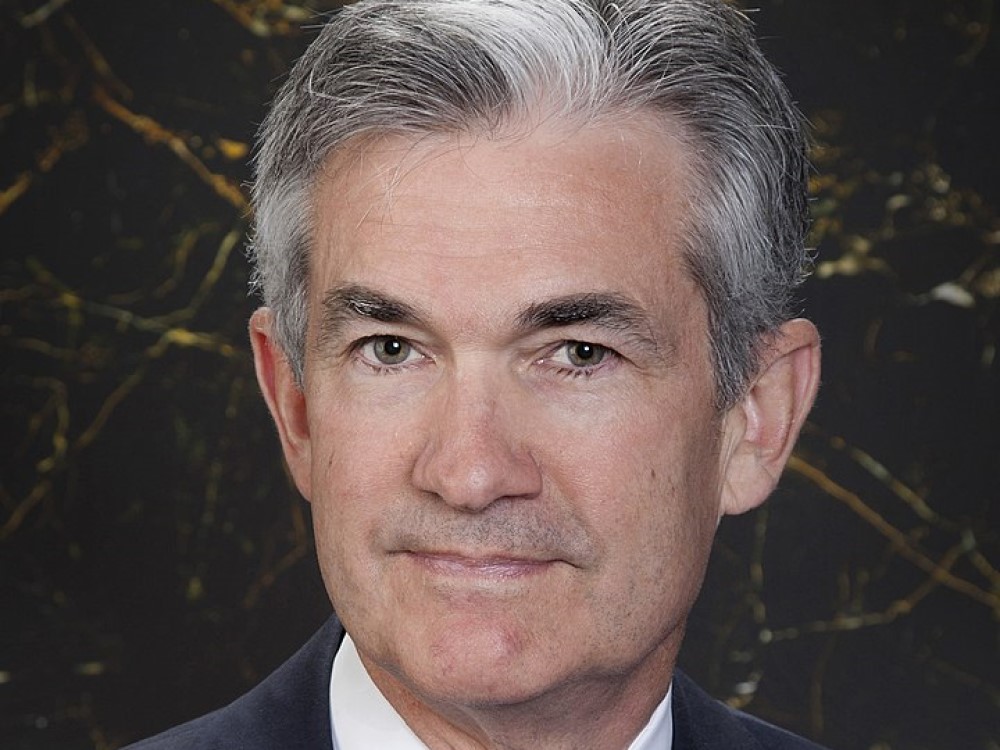
As the Chairman of the Federal Reserve, Jerome Powell is widely considered to be the world's most powerful civil servant, as his influence on the economy is unrivaled. A lawyer by training, Powell started out practicing at different law firms, before turning towards investment banking. Not long after, Powell shifted away from private equity and started to focus on the world of Washington, D.C. think tanks. In 2012, his successful stint at the Bipartisan Policy Center led to his nomination to the Federal Reserve Board of Governors. After another couple of years, Powell was nominated again, this time for a 14-year-long term. According to The Washington Post, when he was nominated for his current position as Chairman in 2017, Powell's personal wealth made him the wealthiest Fed Chair nominee in the past 70 years. He is also the first boss of the Fed to not have an economics degree since 1981. Because Powell's four-year term as Fed Chair expired in early 2022, he was renominated by President Joe Biden – which is still subject to the approval of the U.S. Senate.
After graduating from Georgetown Preparatory School, Powell enrolled at Princeton University in 1972. Despite the university's reputation for having one of the finest economics departments in the world, Powell was drawn to the wide-ranging world of politics. At Princeton, he had a particular taste for international politics, and his senior thesis was titled, "South Africa: Forces for Change." In 1975, he recieved his Bachelor of Arts in Politics.
Powell has always valued his Ivy League roots and is still active in the Princeton community. For several years, he was a member of the advisory council at Princeton’s Bendheim Center for Finance. Along with some of the most distinguished names in finance, Powell lent his expertise to help guide the center's mission, activities, and outcomes.
More recently, Powell took part in a virtual chat that was hosted by Markus Brunnermeier, the Director of the Bendheim Center. The online event, which was open to all members of the Princeton community, allowed Powell to give his thoughts on numerous subjects affecting the country's economic outlook. Among the topics, Powell gave his audience a behind-the-scenes perspective on the difference between the COVID crisis and the Great Recession; the Fed’s new monetary policy framework; debt levels in the U.S.; and central bank digital currencies.
